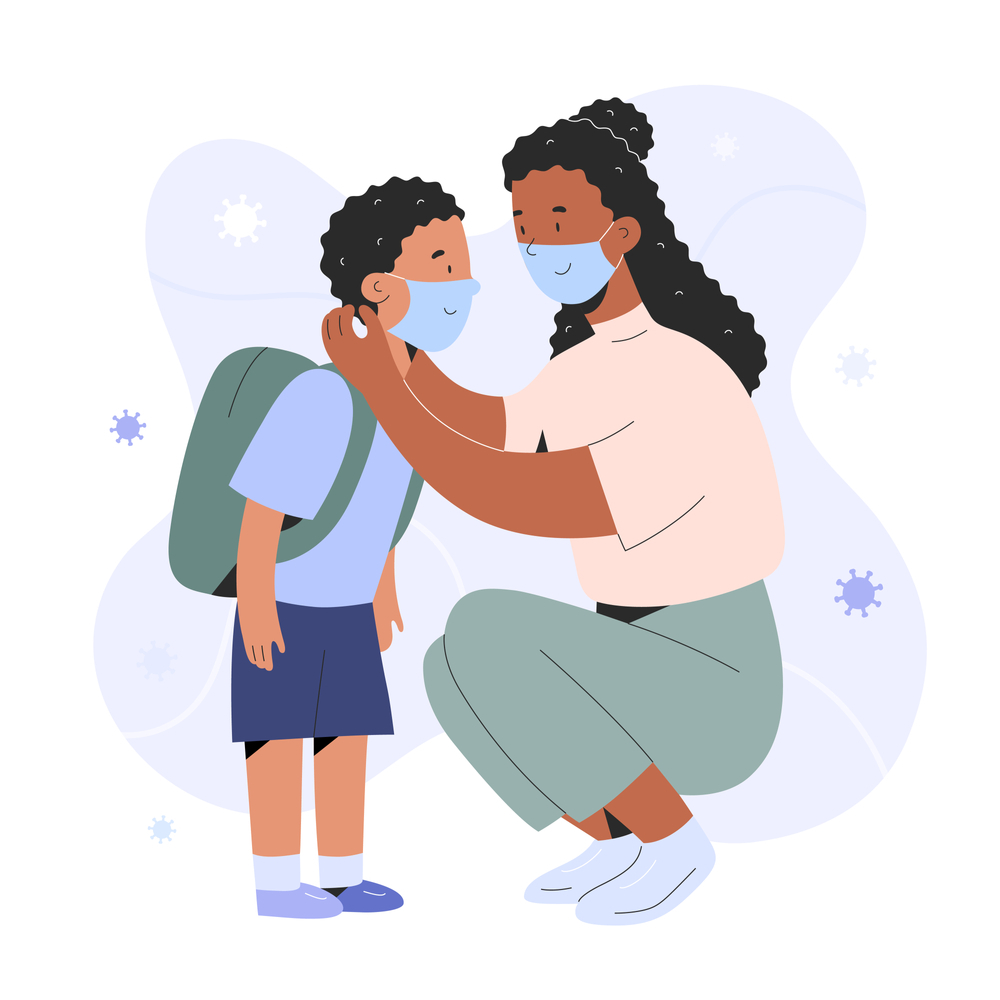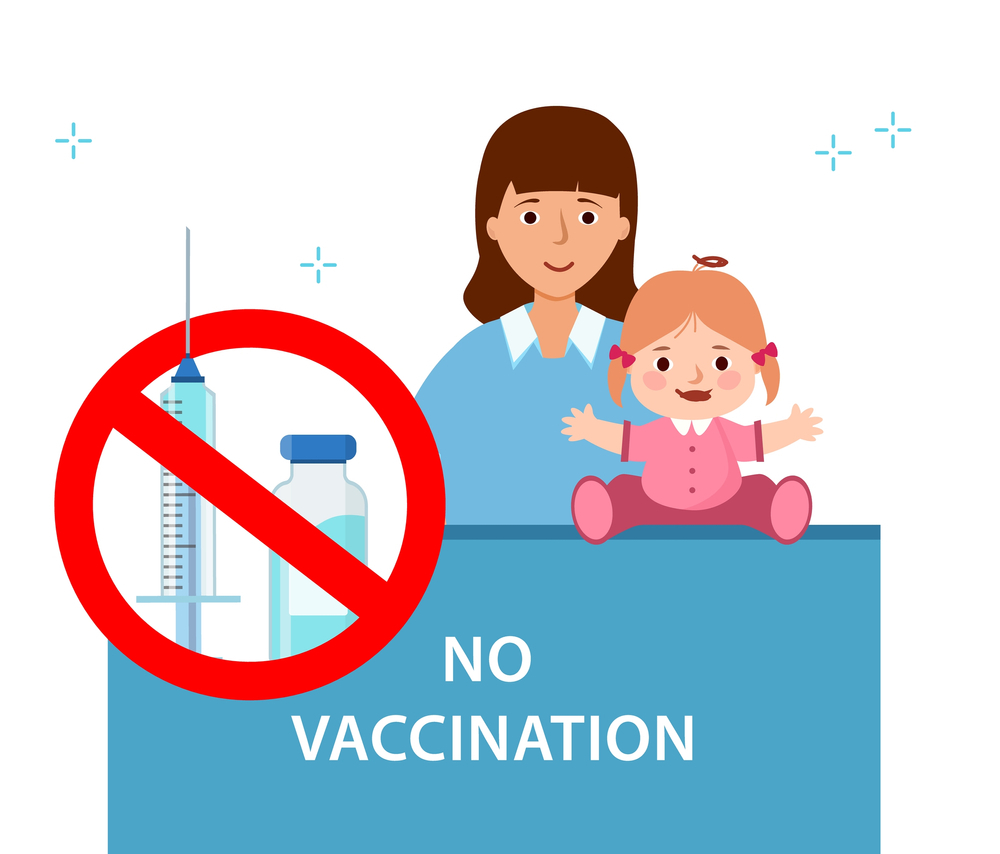
Because of COVID-19 vaccines, the summer of 2021 feels very different from the summer of 2020. Restaurants, shops, and tourist attractions are reopening, people are congregating, and families are planning vacations. According to the Centers for Disease Control and Prevention (CDC), if you are fully vaccinated, you are not required to wear a mask or maintain social distance, except when required by law or other regulations.
So, how does Covid-19 fare?
Some countries are taking action. Children aged 12 to 15 are immunized in the United States. It expects to have enough safety data next year to go even younger.
According to BBC sources, UK experts are unlikely to propose vaccinating all 12 to 17-year-olds anytime soon.
A scientific question arises: will vaccinating children save lives? – which is complicated because the answer varies from country to country.
There is also a moral and ethical dimension if doses intended for children were given to health workers and vulnerable adults in other countries.
Covid poses very little risk to children.

One argument against immunizing children against Covid is that they receive little benefit from it.
“Fortunately, one of the few positive aspects of this pandemic is that children are rarely seriously affected by this infection,” said Prof Adam Finn, a member of the UK’s Joint Committee on Vaccination and Immunisation.
Infections in children are almost always mild or asymptomatic, in contrast to older age groups that have been prioritized by vaccination campaigns.
According to a study conducted in seven countries and published in the Lancet, fewer than two out of every million children died from Covid during the pandemic.
Even children with medical conditions that would increase the risks of a Covid infection in adults are not currently being vaccinated in the UK. Only those at “very high risk of exposure and serious outcomes” should be vaccinated, which could include older children with severe disabilities in residential care.
The vaccines are extremely safe, but the risk and benefits must still be carefully weighed.
Some countries may benefit from vaccinating children
Another advantage of vaccinating children is that it may save the lives of others.
This is a method that is already used to treat flu. Every year, British children aged two to about twelve are given nasal spray, primarily to protect their grandparents.
One argument is that doing the same with COVID-19 vaccines could help contribute to herd immunity – the point at which the virus is unable to spread due to the large number of people who are protected
The Covid vaccines appear to be very effective at halting the virus’s spread. Only one dose appears to reduce the risk of contracting the virus by at least half, and those who do contract it are only half as likely to spread it to others.
Children do not appear to be major coronavirus spreaders, but older teenagers may play a role.
The UK has approved a Pfizer vaccine for children aged 12 to 15.
What are the dangers of the Coronavirus in schools and among children?

“There is certainly evidence of potential transmission in secondary school ages, so vaccination could have an impact on overall transmission,” said Dr. Adam Kucharski of the London School of Hygiene and Tropical Medicine.
However, there is no universal consensus on whether it is worthwhile.
The vaccination program in the United Kingdom is moving forward, and there have been large outbreaks that have left a legacy of immunity, which could also play a role.
Despite being vaccinated, only about a third of 16 and 17-year-olds in England have coronavirus antibodies in their blood.
As a result, the UK and other similar countries may discover that they have enough immunity to prevent the virus from spreading without vaccinating children.
“It’s a very different situation in countries where there aren’t as many outbreaks and where adults don’t get as much coverage; it’s very difficult without vaccinating young groups as well,” Dr. Kucharski explained.
But what if you have children who haven’t been vaccinated?
Currently, vaccinations are only possible for people over 12 years of age. While it appears that we will be able to vaccinate younger children later in 2021 or early in 2022, it will not happen this summer. And, while most children do not become seriously ill as a result of COVID-19, it can happen.
This is not to say that families with children under the age of 12 should isolate themselves for the entire summer, but it does mean that families should be cautious and thoughtful when planning summer activities.
Keeping children safe if they haven’t received the COVID-19 vaccines

To help you started, here are some pointers:
Ensure that everyone who is able to be vaccinated is vaccinated. By “everyone,” I mean your parents, siblings, and any other family members and friends you see on a regular basis — or would like to see. The vaccine is widely available, and severe side effects are extremely uncommon.
Stay as much as possible outside. There are less dangers. Outdoors, children do not need to wear a mask if they are with their immediate family or in a small gathering of all vaccinated people. They must wear masks if there is a mix of vaccinated and unvaccinated people.
Avoid crowds, even if they are outside.
Even vaccinated people can possess danger in crowded settings and events. The risk may be low in communities with low COVID-19 case counts, but you never know where the people in the crowd have recently traveled. As enjoyable as ball games and theme parks are, it would be better to postpone them until next summer.
Indoors, exercise caution.
In public areas, people who have not been inoculated, particularly youngsters, should wear masks. (Vaccinated people should also wear masks in crowded indoor spaces, but we’ve already discussed avoiding crowds.) If you have children, it may be best to save indoor restaurant seating for date night. A takeout is always an option. Plan a picnic.
When visiting other families with children, it is best if all of the children wear masks. If you’ve had other families in your bubble, keep the conversations going about what everyone is doing and the ground rules for your bubble to ensure that it’s a safe enough bubble for your kids to go mask-free.
Also, make it clear to the families that any exposures or symptoms should be reported to others in the bubble — and that they should isolate themselves as needed.
Even if vaccinated, parents, older siblings, and close friends and family may want to wear masks at times.
There is no perfect COVID-19 vaccines
Because you have the most consistent contact with the unvaccinated children in your family, taking extra precautions is a good idea.
This does not imply that you must always wear a mask. Carry one with you, and err on the side of caution when going out in places where social distancing is difficult and there may be unvaccinated people.
Even though we’re all tired of the restrictions and eager to get back to normal life, it’s better to be safe than sorry. We also don’t know what will happen with new variants or in communities with low vaccination rates. We’ve come this far; let’s go a little further. It is worthwhile to invest in the health of those we care about.
Vaccinating children against measles, mumps, polio, diphtheria, rotavirus, multiple strains of meningitis, whooping cough… the list is endless. All of this begins when the child is only a few weeks old.
Also Read : Delta Variant- Everything You Should Know About It – V Cure (vcurehealthcare.com)





